UPDATE | 2023年02月01日
日本語を教科書で勉強しただけでは、自然な会話が難しいかもしれません。今回のコラムでは、自然な会話ができるようになるためのコツをいくつか紹介します。
INDEX
フィラーとは、会話と会話のあいだの「えっと」「あの」「なんだっけ」などの表現です。このフィラーを上手く使うと、会話の間の「考えている時間」を上手につなぐことができます。ただ、あまりたくさん使いすぎると話が聞きとりにくくなるので、注意してください。
[PR]
自分が知らなかったこと、気づかなかったことが分かった時、日本語では「あ」をよく使います。例えば「あ、ありがとうございます」「あ、すみません」「あ、そうなんですね」「あ、しりませんでした」などです。この「あ」があるだけで、会話はとても自然になります。
「あ、」と同じように「え」も便利です。びっくりした時や確認したい時などに使ってみましょう。例えば、「えー、本当ですか」「えっ!はじめてききました」「えー、信じられない」「え?なんですか?」などです。ぜひ、使ってみてくださいね。
ここでは「です・ます」の発音を自然に言うテクニックを紹介します。
「です」をローマ字で書くと「desu」になりますが、発音するときには「des」と言ってみましょう。「ます」も同じで、「masu」じゃなくて「mas」と言ってみましょう。「です・ます」の「す」の音をはっきり発音しないだけで、自然な発音に聞こえます。

「そうですよねー」「そういえばー」「~と思いますけどー」と少し長くいってみましょう。日本語ははっきり言わないほうが自然な会話に聞こえることが多いです。
ただ、いつも語尾をのばしていると、目上の人には失礼に聞こえてしまいます。カジュアルな会話の時に使ったほうがいいかもしれません。
人にお願いや質問をする時に、最初から「手伝ってくれませんか」「あの商品はどこにありますか」などと言っていませんか? お願いや質問をする前に「いま、人がいなくて困ってるんですけど/困ってるんだけど、手伝ってくれませんか」「じつは商品をさがしているんだけど/さがしているんですけど、どこにありますか」などの表現を使ってみましょう。私たちはこの「んだけど」「んですけど」を会話によく使っています。
人に感謝の気持ちを伝える時に「ありがとうございます」ということが多いと思います。それでももちろんいいのですが、これからは「助かります」や「助かりました」を使ってみましょう。例えば、誰かに手伝ってもらう前には「ありがとうございます。助かります」、手伝ってもらった後には「この間はありがとうございました。助かりました」と言います。
今回のコラムでは、自然な会話ができるようになるためのコツをいくつか紹介しました。すぐに使えるテクニックもあれば、少し練習が必要なテクニックもあったかもしれません。自分にできそうなものから、ぜひ使ってみてくださいね。

九州の日本語学校や大学で日本語を教えています。ゲームと漫画が大好き。 日本語を勉強している人のために地域の日本語教室を創るコーディネーターやWebライターの仕事もしています。
[PR]
[PR]